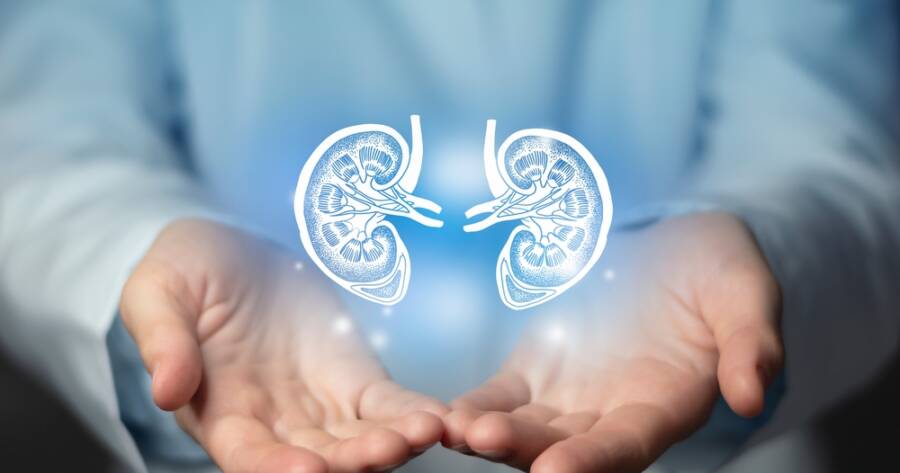Discover chronic kidney disease treatments that slow disease progression, manage symptoms, and improve quality of life. Early detection and intervention can significantly enhance outcomes and prevent complications.
What is Chronic Kidney Disease?
Chronic kidney disease (CKD) is a progressive condition that affects the kidneys’ ability to function properly. It is characterized by a gradual loss of kidney function over time, leading to a buildup of waste products and fluids in the body. CKD can be caused by various factors, including diabetes, high blood pressure, autoimmune diseases, and certain medications. Early detection and management of CKD are crucial to prevent or slow the progression of the disease and reduce the risk of complications.1
The kidneys play a vital role in maintaining the body’s overall health by filtering waste products, regulating blood pressure, producing hormones, and controlling fluid balance. When CKD develops, the kidneys’ ability to perform these functions is impaired, leading to a range of symptoms, including fatigue, weakness, nausea, vomiting, swelling in the hands and feet, and difficulty sleeping. As the disease progresses, it can cause severe complications such as kidney failure, cardiovascular disease, and anemia.
The prevalence of CKD is increasing worldwide, affecting approximately 10% of the population. It is estimated that millions of individuals are unaware that they have CKD, emphasizing the importance of regular screening and early diagnosis. CKD can be diagnosed through simple blood and urine tests that measure kidney function and identify abnormalities.
Treatment Options for Chronic Kidney Disease
The primary goal of CKD treatment is to slow the progression of the disease, prevent complications, and improve overall health. Treatment options vary depending on the stage of CKD and the underlying cause. In the early stages, lifestyle modifications, such as adopting a healthy diet, regular exercise, and managing blood pressure and blood sugar levels, can help slow the progression of CKD.
For more advanced stages of CKD, additional treatments may be necessary. These include medications to control blood pressure, reduce protein in the urine, and manage anemia. In some cases, dialysis or kidney transplantation may be required to replace the function of the kidneys when they are no longer able to function adequately. Dialysis involves filtering waste products and excess fluids from the blood, while kidney transplantation involves surgically placing a healthy kidney from a donor into the recipient’s body.2
The choice of treatment for CKD is individualized based on the patient’s overall health, the stage of CKD, and the underlying cause. Regular monitoring and follow-up with a healthcare professional are essential to assess the effectiveness of treatment and make necessary adjustments.
Benefits of Early CKD Treatment
Early detection and treatment of CKD offer numerous benefits in preserving kidney function, preventing complications, and improving overall health outcomes. By identifying and addressing CKD early, individuals can take proactive steps to slow the progression of the disease and reduce the risk of developing severe complications such as kidney failure, cardiovascular disease, and anemia.
Early CKD treatment can also help manage symptoms associated with the disease, such as fatigue, weakness, nausea, and swelling. By controlling the underlying causes of CKD and implementing lifestyle modifications, individuals can improve their overall quality of life and well-being.
Furthermore, early CKD treatment can reduce the need for more intensive interventions such as dialysis or kidney transplantation in the future. These treatments can be physically and emotionally demanding, and early intervention can potentially delay or even prevent the need for such measures.
Learn More About Chronic Kidney Disease
Chronic kidney disease is a serious condition, but with early detection and proper management, individuals can take control of their health and slow the progression of the disease. If you have concerns about your kidney health or are at risk of developing CKD, it is essential to talk to your healthcare provider. Regular screening and monitoring can help identify CKD early, allowing for timely intervention and improved outcomes.
